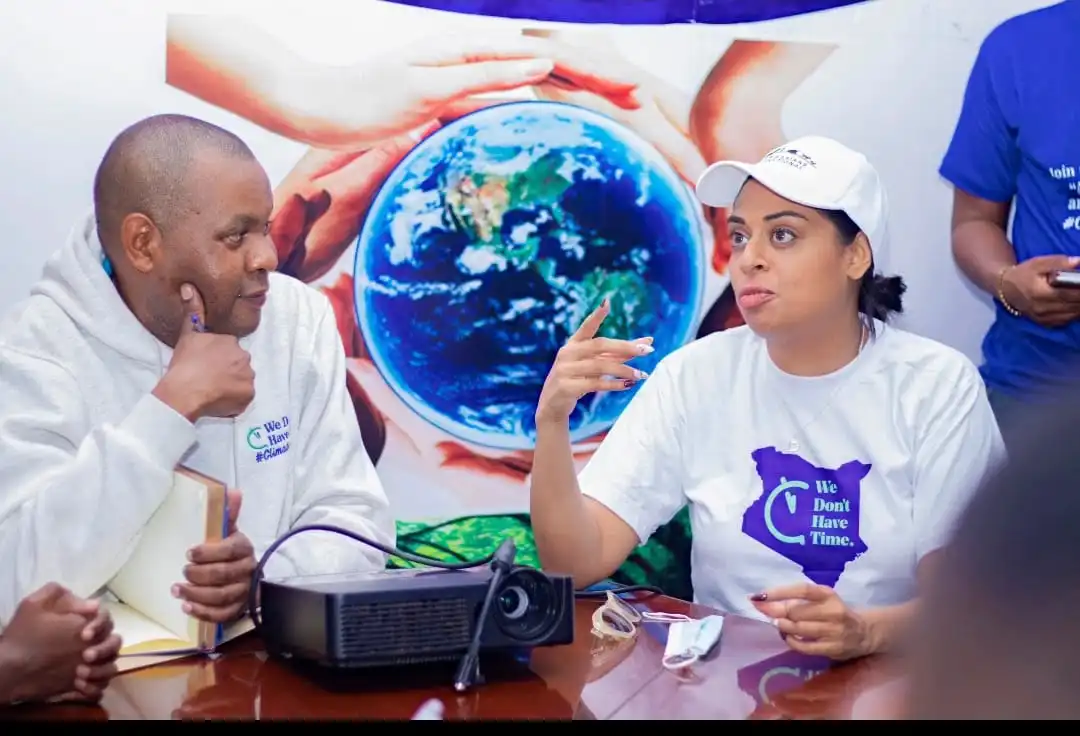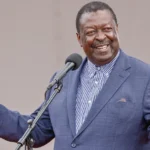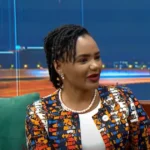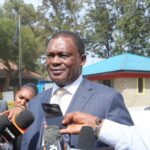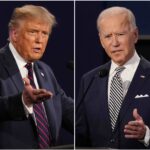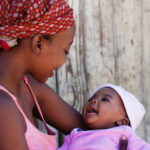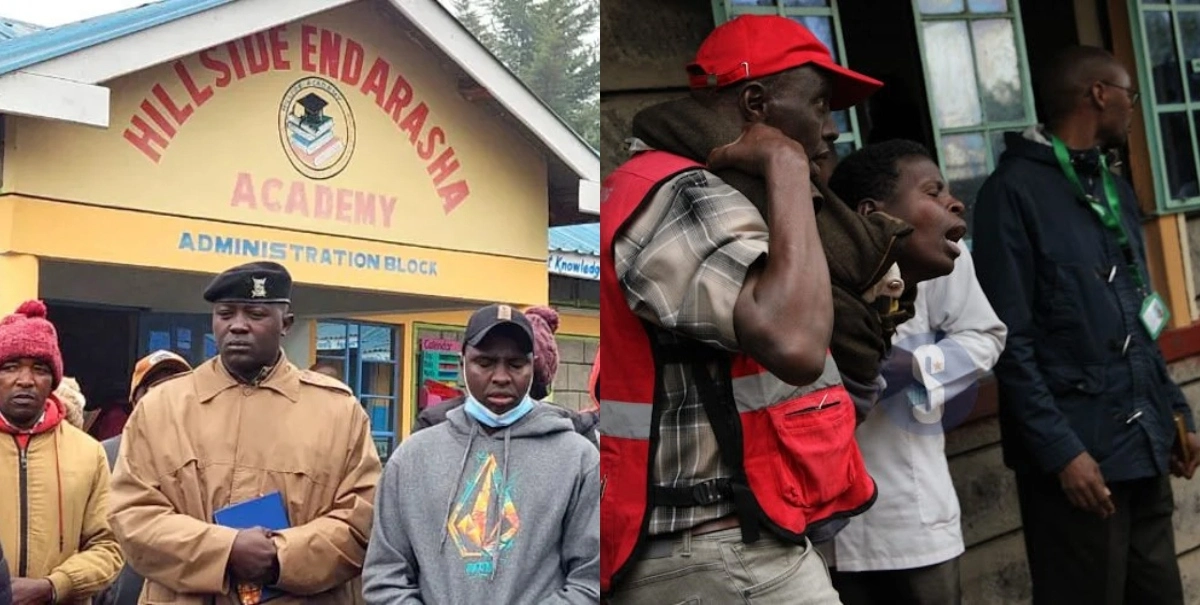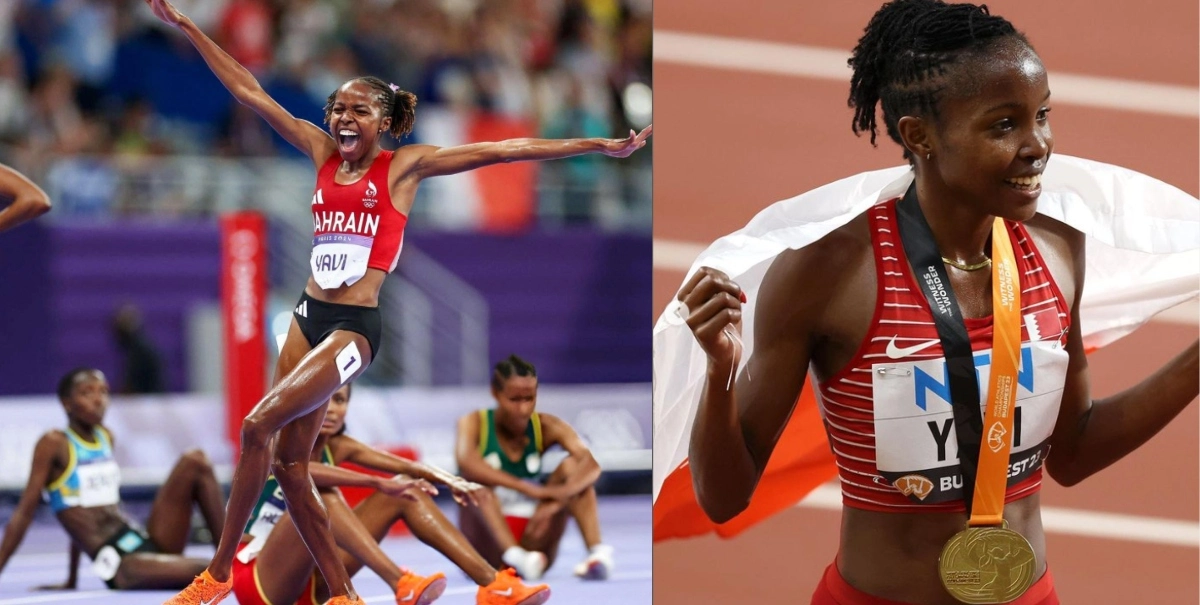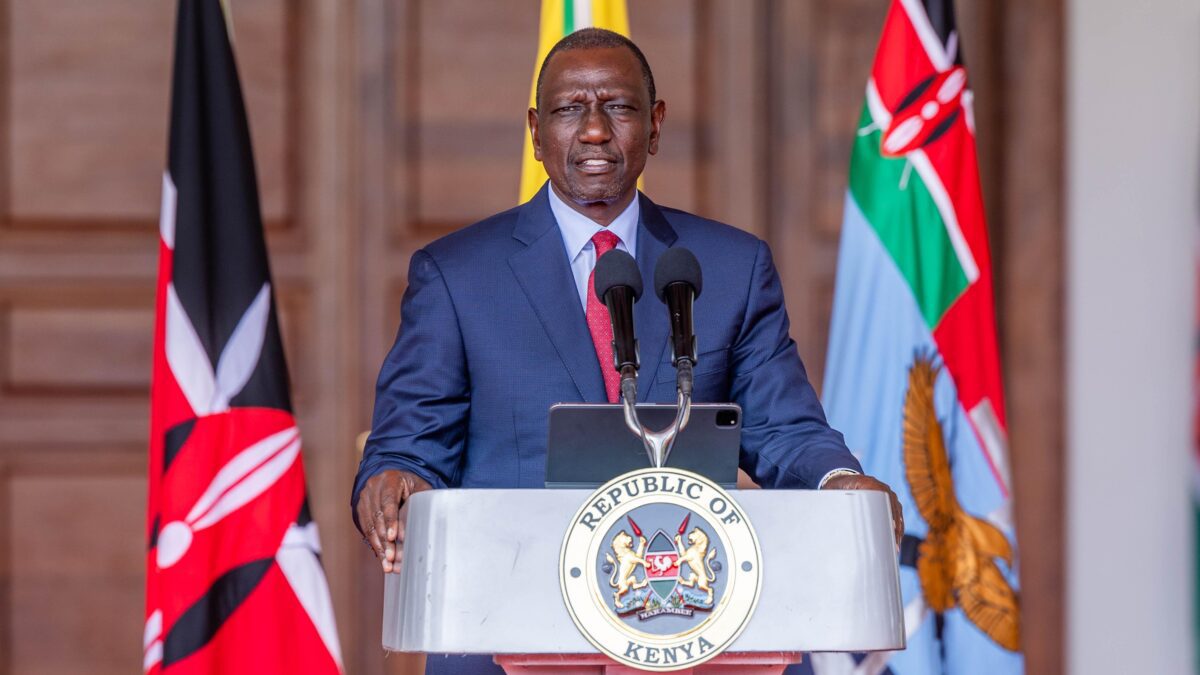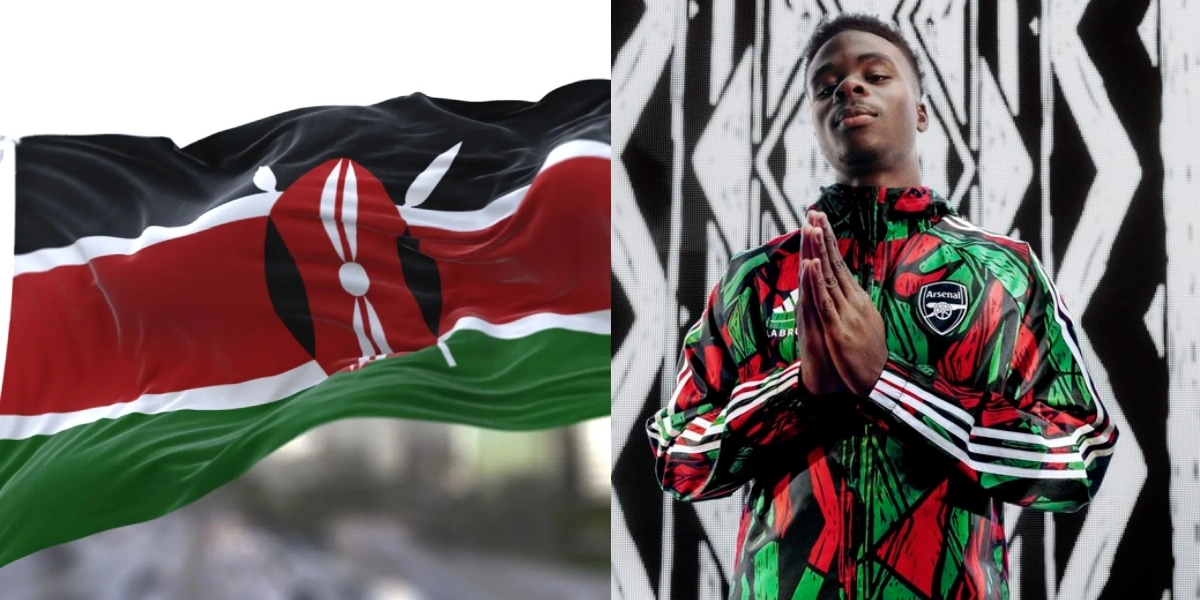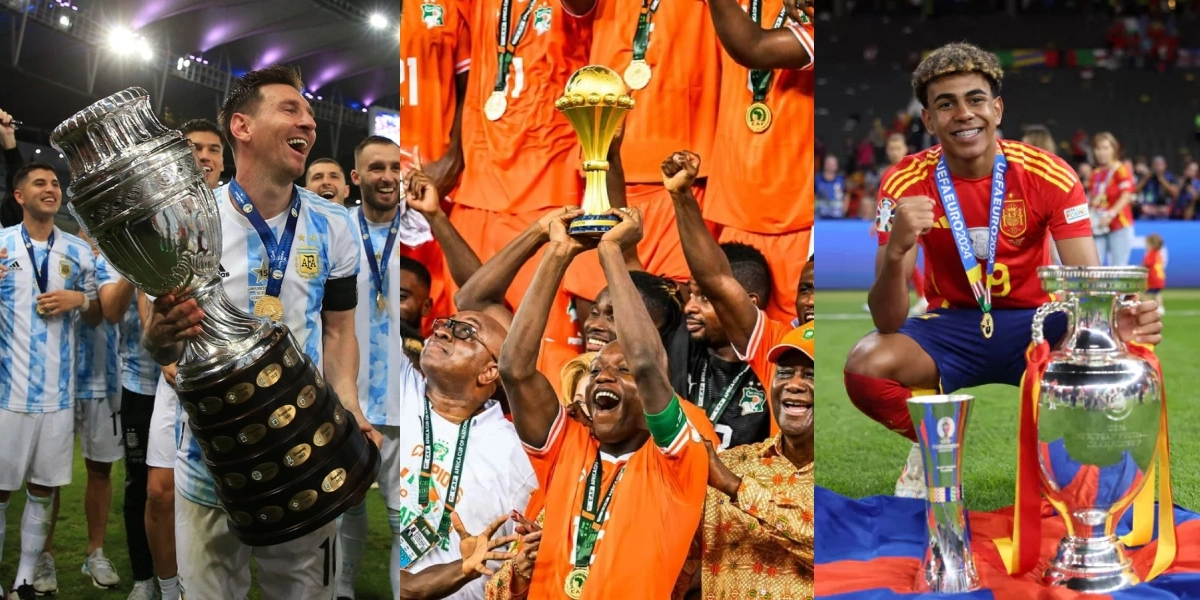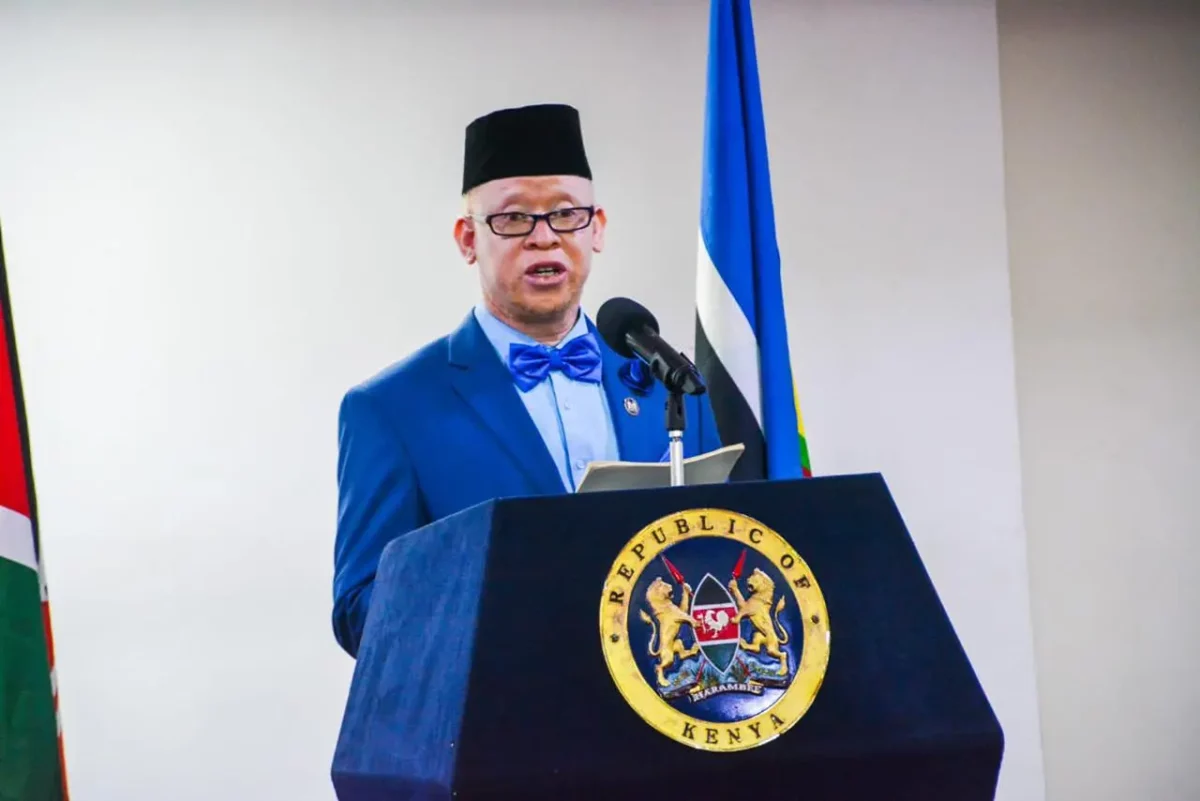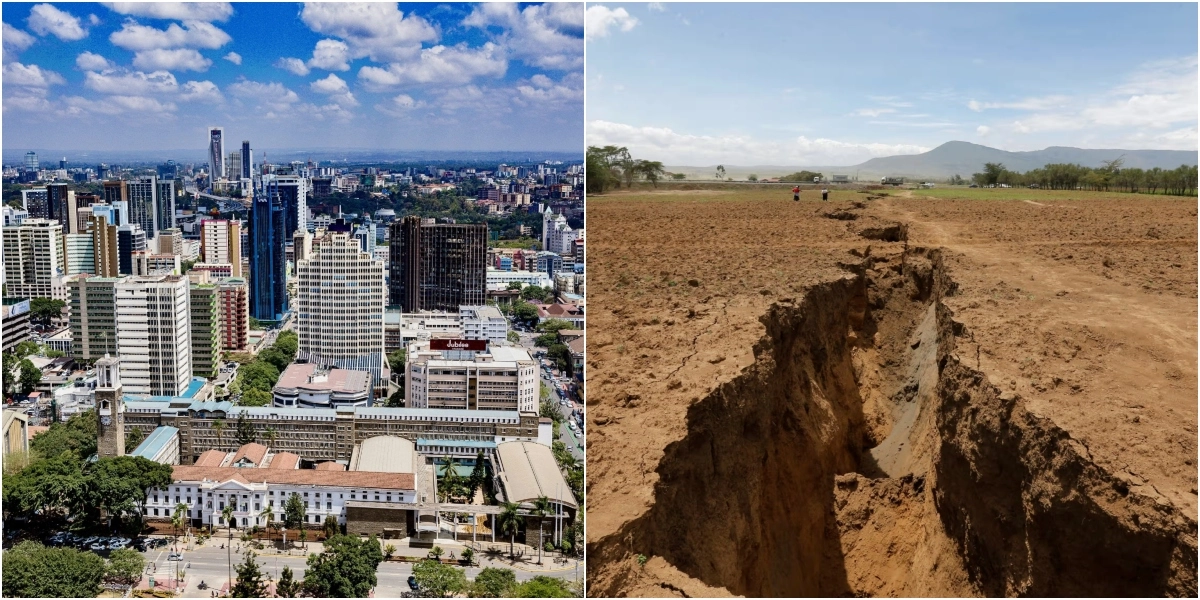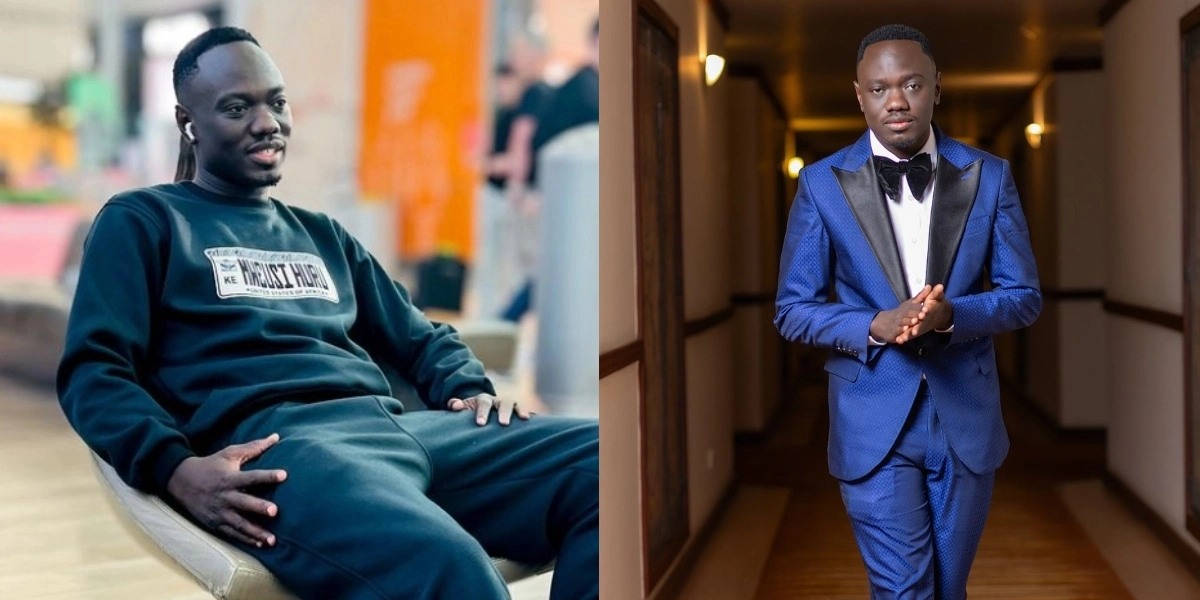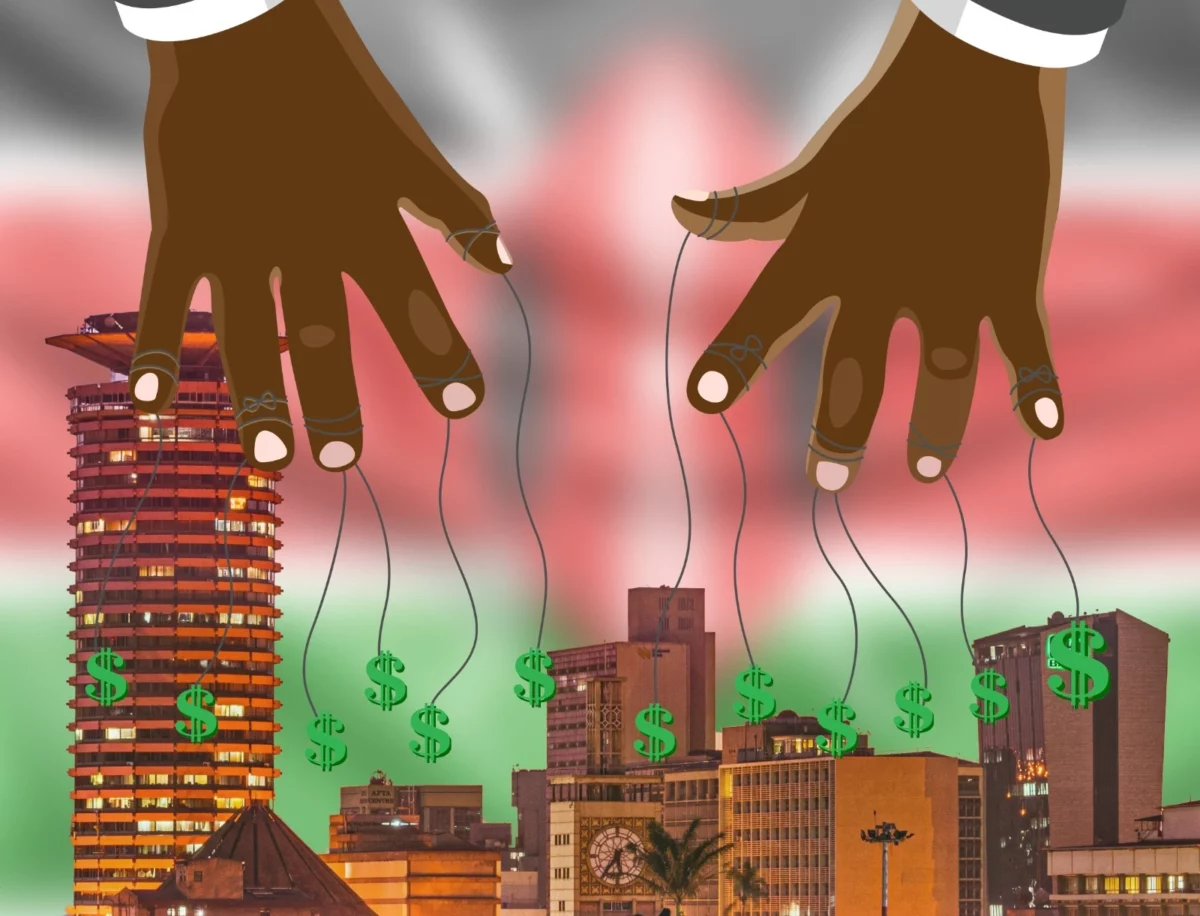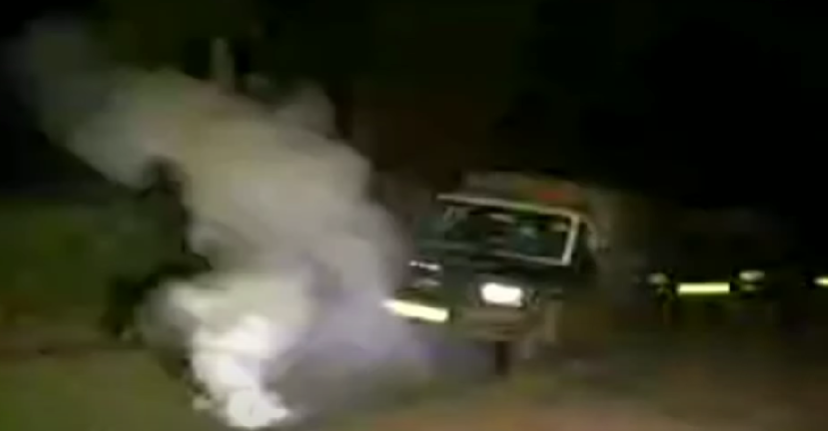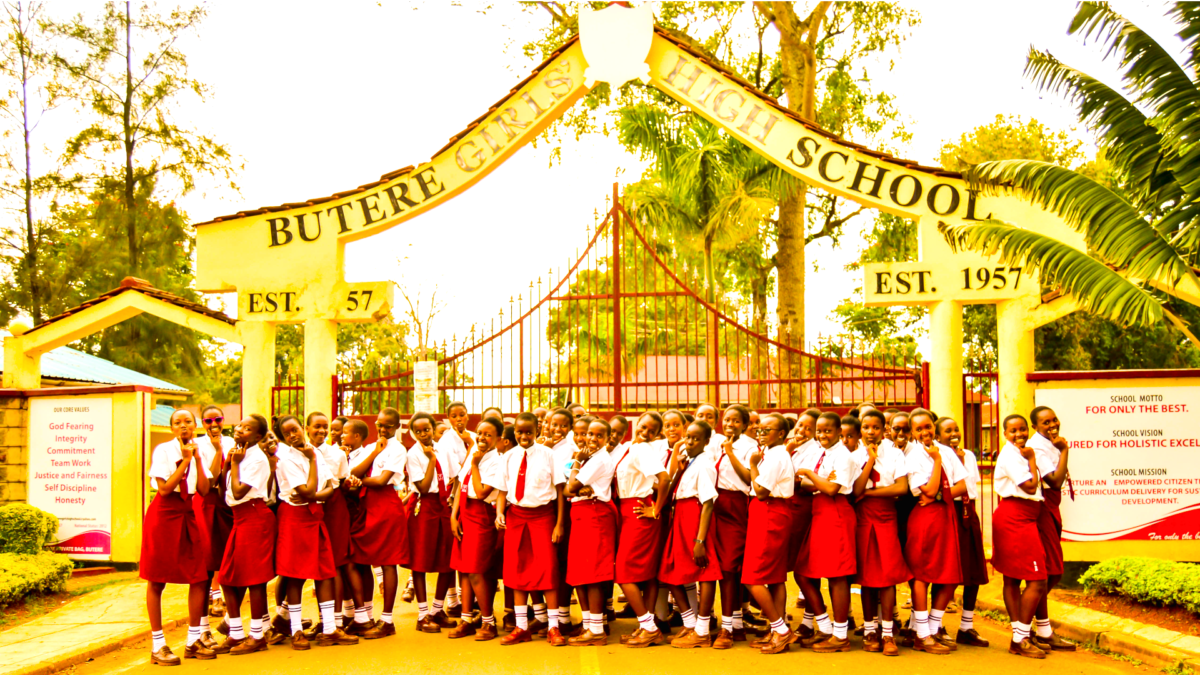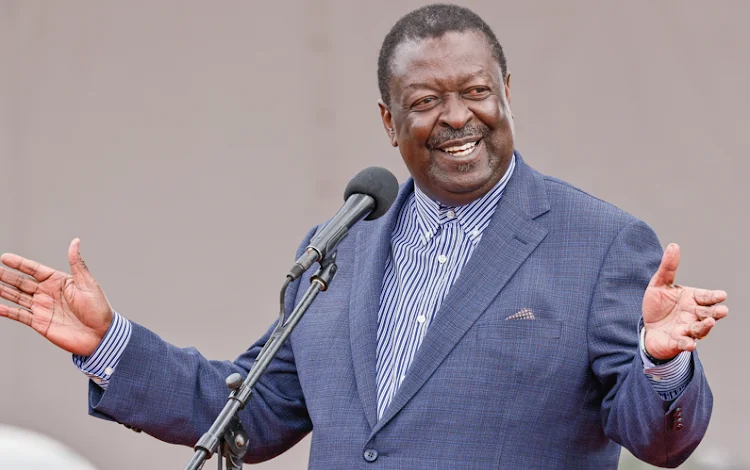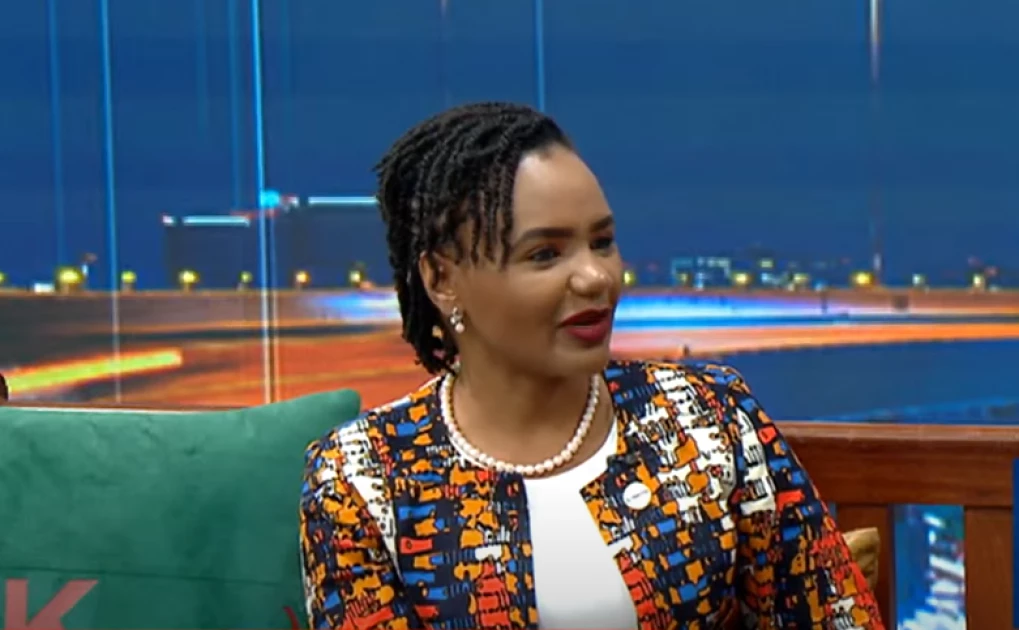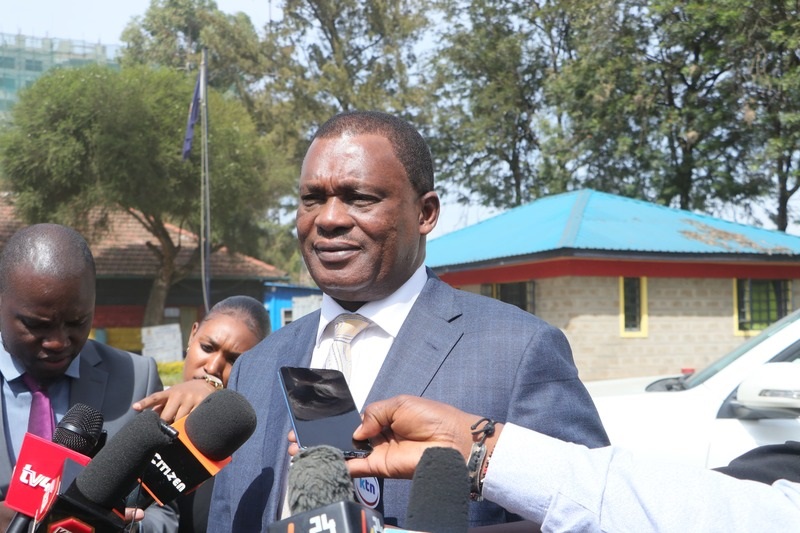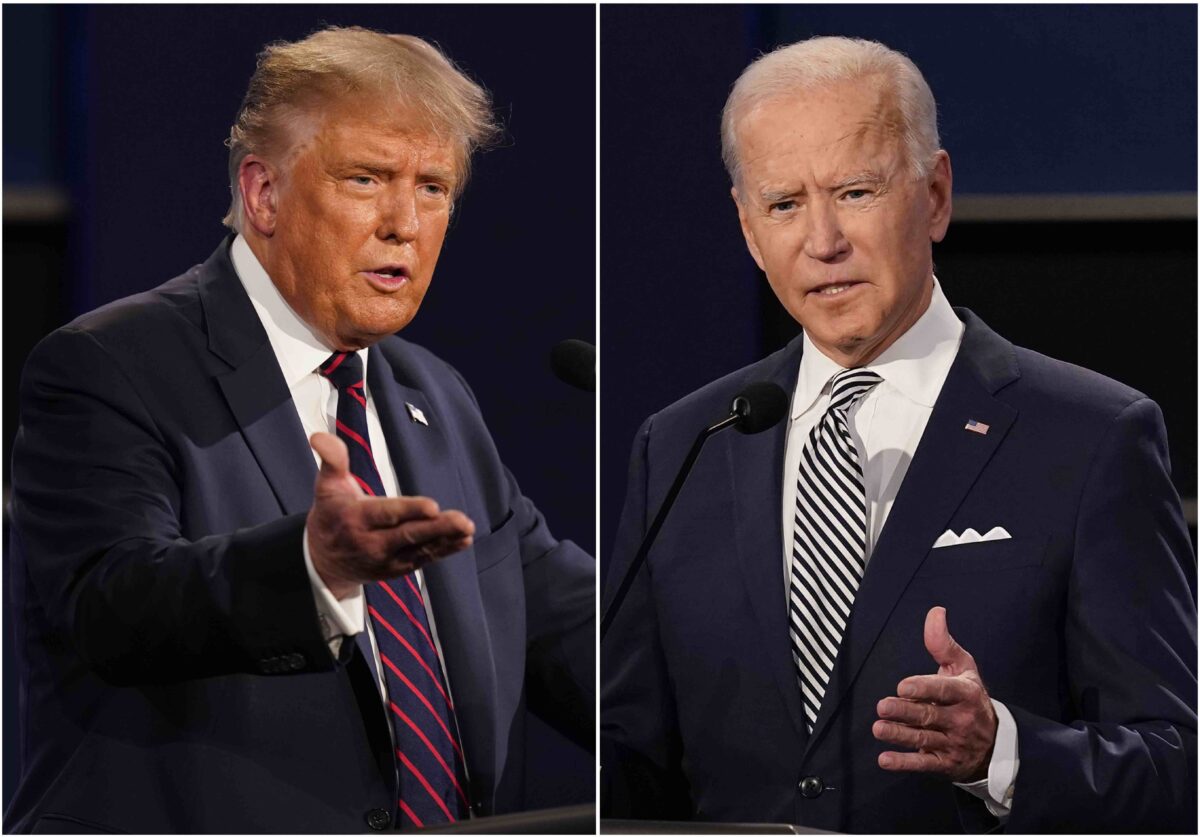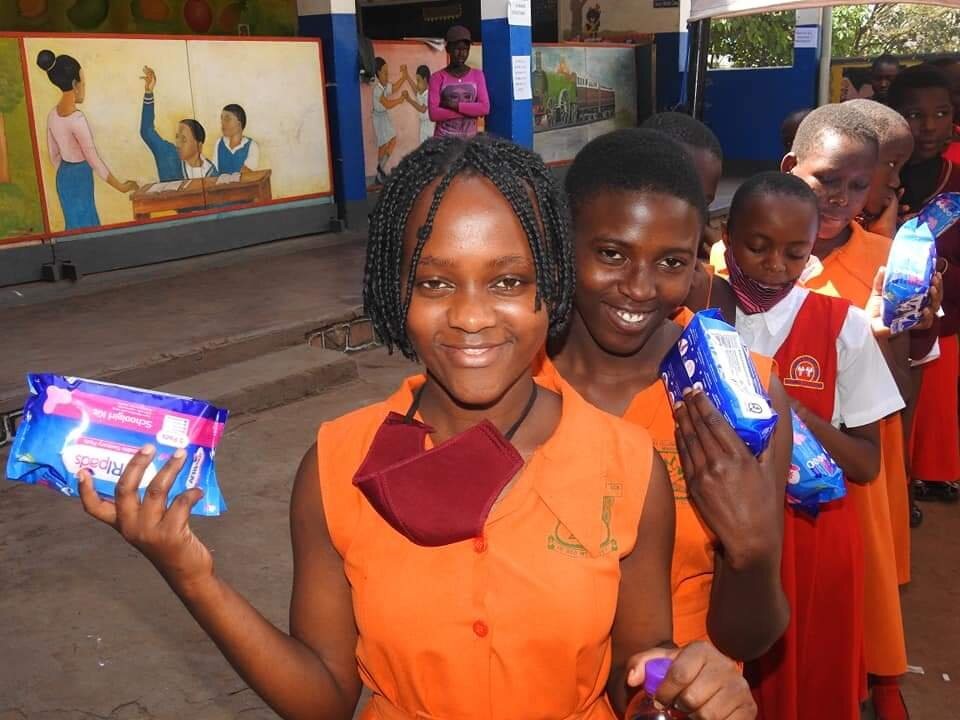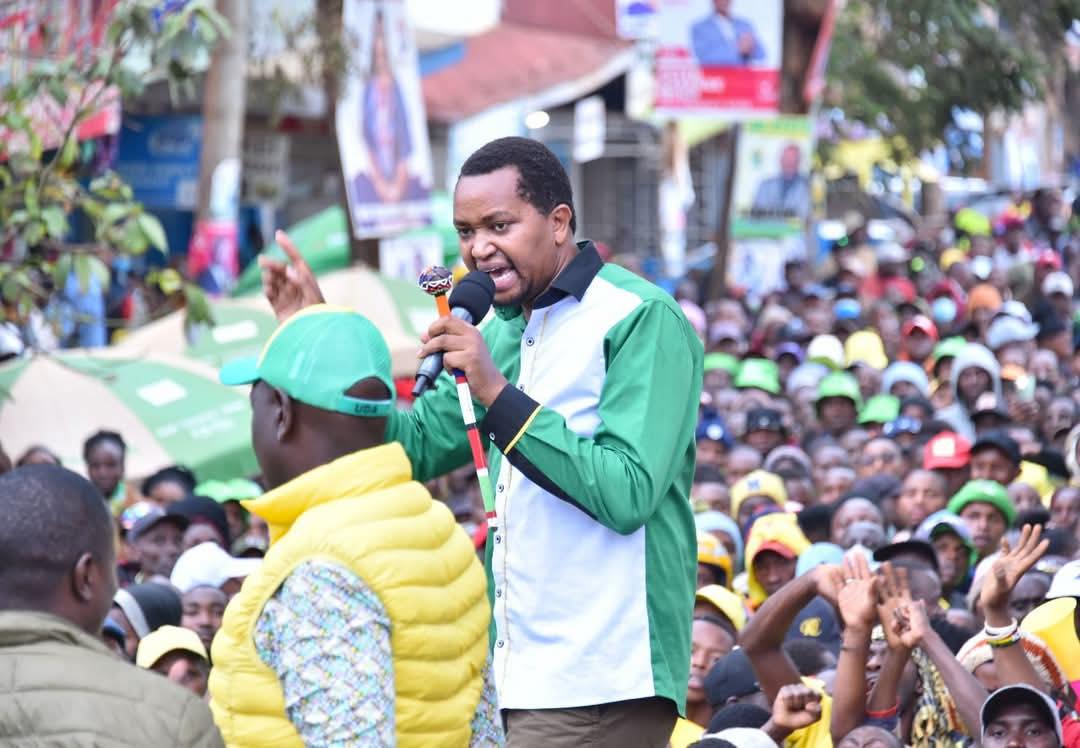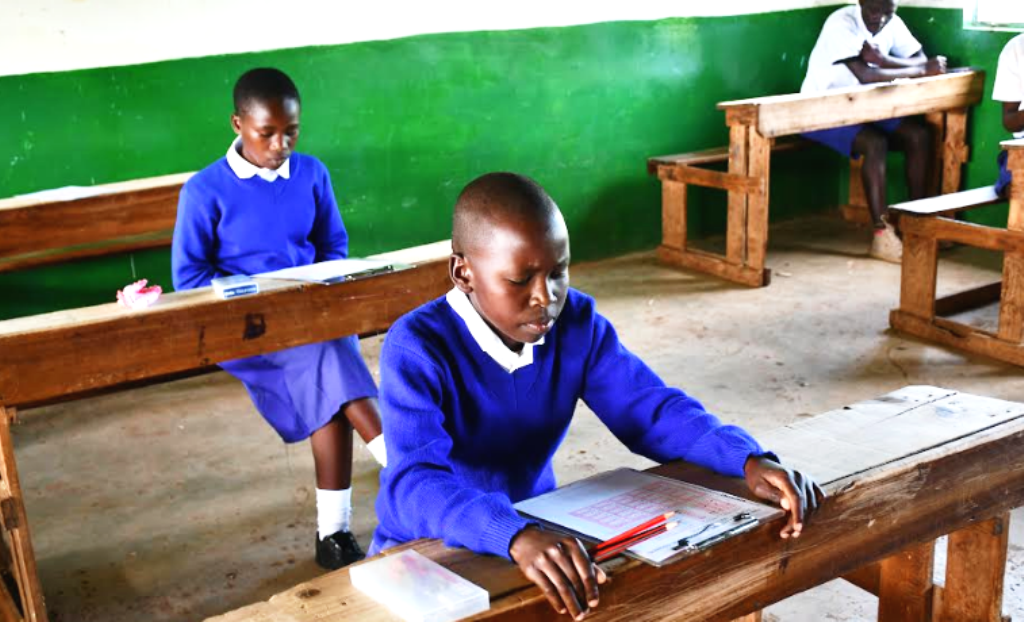The Global Community is gearing up for the 29th leg of the Conference of Parties to be held in Baku, Azerbaijan. The call for climate action has been ringing for decades, however, the need has never been more urgent as the global south, which is bearing the worst of the consequences despite being the least contributor, is impaired by inadequate financial solutions to address these challenges.
“The discussions must move beyond pledges and translate into tangible action on climate finance, technology transfer, and capacity building. For developing nations, resilience in the face of climate impacts, clean energy access, and equity in climate negotiations will be key issues,” says Patrick Kiarie of We Don’t Have Time, Kenya Country Director.
To achieve significant milestones in climate conversations, community-based discussions are essential to shape policies tailored to meet specific needs. We Don’t Have Time serves as a bridge between the public, organizations, companies, and the decision-makers.
Dickson Kibet of We Don’t Have Time says, “We believe in the power of collective voices, and our platform empowers millions to push for transparency and accountability at every stage.”
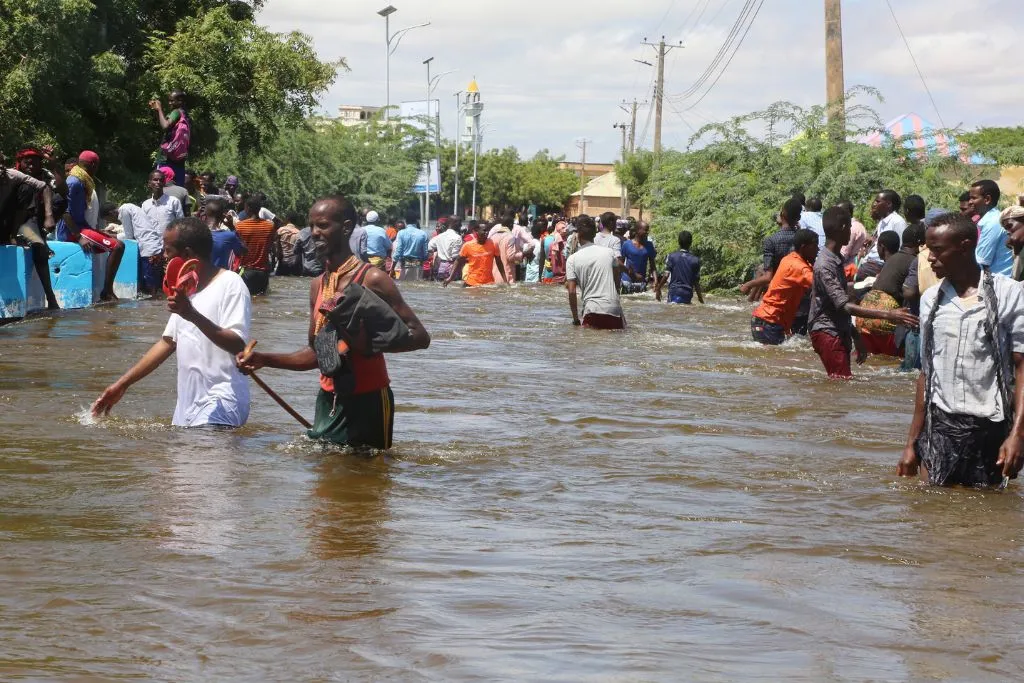
“By facilitating real-time dialogue and holding governments accountable through community-led reviews, we ensure that promises made during COP29 are not just words, but commitments followed by action,” Patrick further highlighted.
Transition to green energy is at the forefront of mitigation and sustainability discussions. Consequently, this year’s conference in Azerbaijan, a major fossil fuel producer, signals the need for a diversity of countries’ economic portfolios.
“This setting can strengthen the discourse on transitioning from fossil power to renewable vitality sources,” says Kibet.
Patrick further says that as an oil-rich nation, Azerbaijan has the chance to showcase how countries can diversify their energy portfolios and lead the way in clean energy adoption.
“The discussions in Baku could set a powerful precedent for energy-producing countries to play a proactive role in addressing the climate crisis,” he adds.
Policymakers and climate activists are keen to adopt green solutions to further adaptation and mitigation. Nature-based solutions, such as reforestation, mangrove restoration, and regenerative agriculture, are gaining momentum. Patrick says that in climate finance, there’s growing recognition of the need for more accessible, equitable financing for developing nations.
“These solutions, coupled with the increasing focus on methane reduction, which is 86 times more potent than CO2, have the potential to make a significant impact if scaled effectively at COP29,” says Kibet.
At COP29, We Don’t Have Time is reinforcing its dedication to amplifying youth voices through initiatives like Future Voices, which was first introduced at the previous COP. This program creates an inclusive digital platform for young people, especially those under 30, to engage from anywhere in the world.
The Future Voices Youth Empowerment Hub will enable youth climate activists to participate in global broadcasts, lead discussions, and present their climate solutions directly to policymakers.
We Don’t Have Time amplifies the passion, creativity, and energy of young climate leaders by emphasizing digital dialogues and youth-led events. This approach ensures that their voices are heard and have real influence in shaping climate policies, particularly during key negotiations.
As the world grapples with the loss and damage as a result of the effects of climate change, the financial support that vulnerable communities desperately need has been riddled with promises and pledges that are mostly yet to be realized.
“Establishing a dedicated Loss and Damage fund, with clear pathways for disbursement, would be a significant step forward. It’s time for the global community to recognize the moral obligation to support those bearing the brunt of a crisis they did little to cause,” says Patrick.
Kibet explains that We Don’t Have Time would embrace several methodologies to ensure sustained climate action following COP29. One key approach is checking commitments: through their platform, the We Don’t Have Time app, they will track the progress of commitments made, ensuring transparency and fostering ongoing dialogue.
The organization plans to work closely with partners to highlight success stories and call out failures to act. Kibet emphasized that by leveraging the power of their global community, they aim to maintain the momentum generated at COP29 and translate it into sustained, measurable climate action.
He further states, “We Don’t Have Time will focus on grassroots mobilization, putting COP29 resolutions into action by reaching out to communities to implement climate arrangements and empower them to fight for their rights. Additionally, we will collaborate with other like-minded organizations, businesses, and governments to develop sustained activities and enhance their utilization of COP29 results.”

